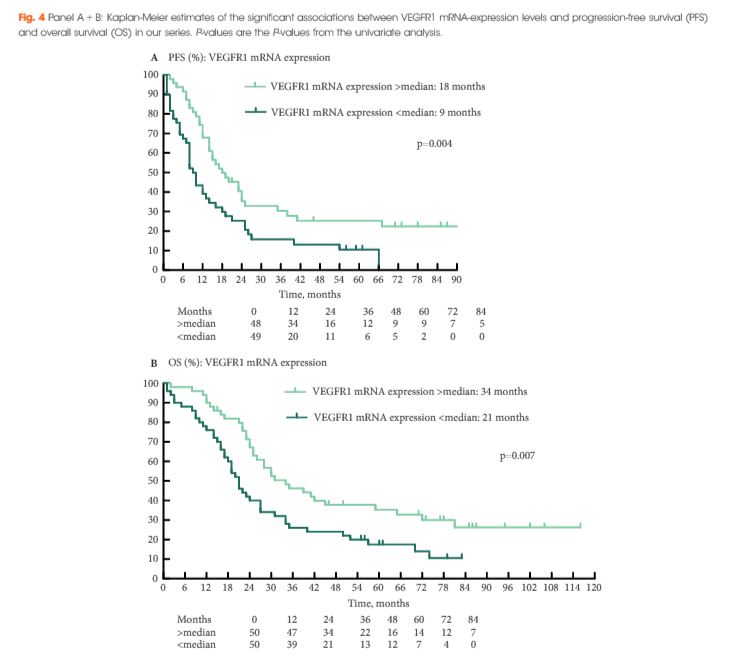Article of the Week: VEGFR1 rs9582036 as a predictive biomarker in m-ccRCC patients treated with sunitinib
Every Week the Editor-in-Chief selects an Article of the Week from the current issue of BJUI. The abstract is reproduced below and you can click on the button to read the full article, which is freely available to all readers for at least 30 days from the time of this post.
In addition to the article itself, there is an accompanying editorial written by a prominent member of the urological community. This blog is intended to provoke comment and discussion and we invite you to use the comment tools at the bottom of each post to join the conversation.
Finally, the third post under the Article of the Week heading on the homepage will consist of additional material or media. This week we feature a video discussing the paper.
If you only have time to read one article this week, it should be this one.
Validation of VEGFR1 rs9582036 as predictive biomarker in metastatic clear-cell renal cell carcinoma patients treated with sunitinib
Abstract
Objectives
To validate vascular endothelial growth factor receptor-1 (VEGFR1) single nucleotide polymorphism (SNP) rs9582036 as a potential predictive biomarker in metastatic clear-cell renal cell carcinoma (m-ccRCC) patients treated with sunitinib.
Materials and Methods
m-ccRCC patients receiving sunitinib as first-line targeted therapy were included. We assessed response rate (RR), progression-free survival (PFS), overall survival (OS), and clinical and biochemical parameters associated with outcome. We genotyped five VEGFR1 SNPs: rs9582036, rs7993418, rs9554320, rs9554316 and rs9513070. Association with outcome was studied by univariate analysis and by multivariate Cox regression. Additionally, we updated survival data of our discovery cohort as described previously.
Results
Sixty-nine patients were included in the validation cohort. rs9582036 CC-carriers had a poorer PFS (8 vs 12 months, P = 0.02) and OS (11 vs 27 months, P = 0.003) compared to AC/AA-carriers. rs7993418 CC-carriers had a poorer OS (8 vs 24 months, P = 0.004) compared to TC/TT-carriers. rs9554320 AA-carriers had a poorer RR (0% vs 53%, P = 0.009), PFS (5 vs 12 months, P = 0.003) and OS (10 vs 25 months, P = 0.004) compared to AC/CC-carriers. When pooling patients from the discovery cohort, as described previously (n = 88), and the validation cohort, in the total series of 157 patients, rs9582036 CC-carriers had a poorer RR (8% vs 49%, P = 0.004), PFS (8 vs 14 months, P = 0.003) and OS (13 vs 30 months, P = 0.0004) compared to AC/AA-carriers. Unfavorable prognostic markers at start of sunitinib were well balanced between rs9582036 CC- and AC/AA-carriers.
Conclusion
VEGFR1 rs9582036 is a candidate predictive biomarker in m-ccRCC-patients treated with sunitinib.



